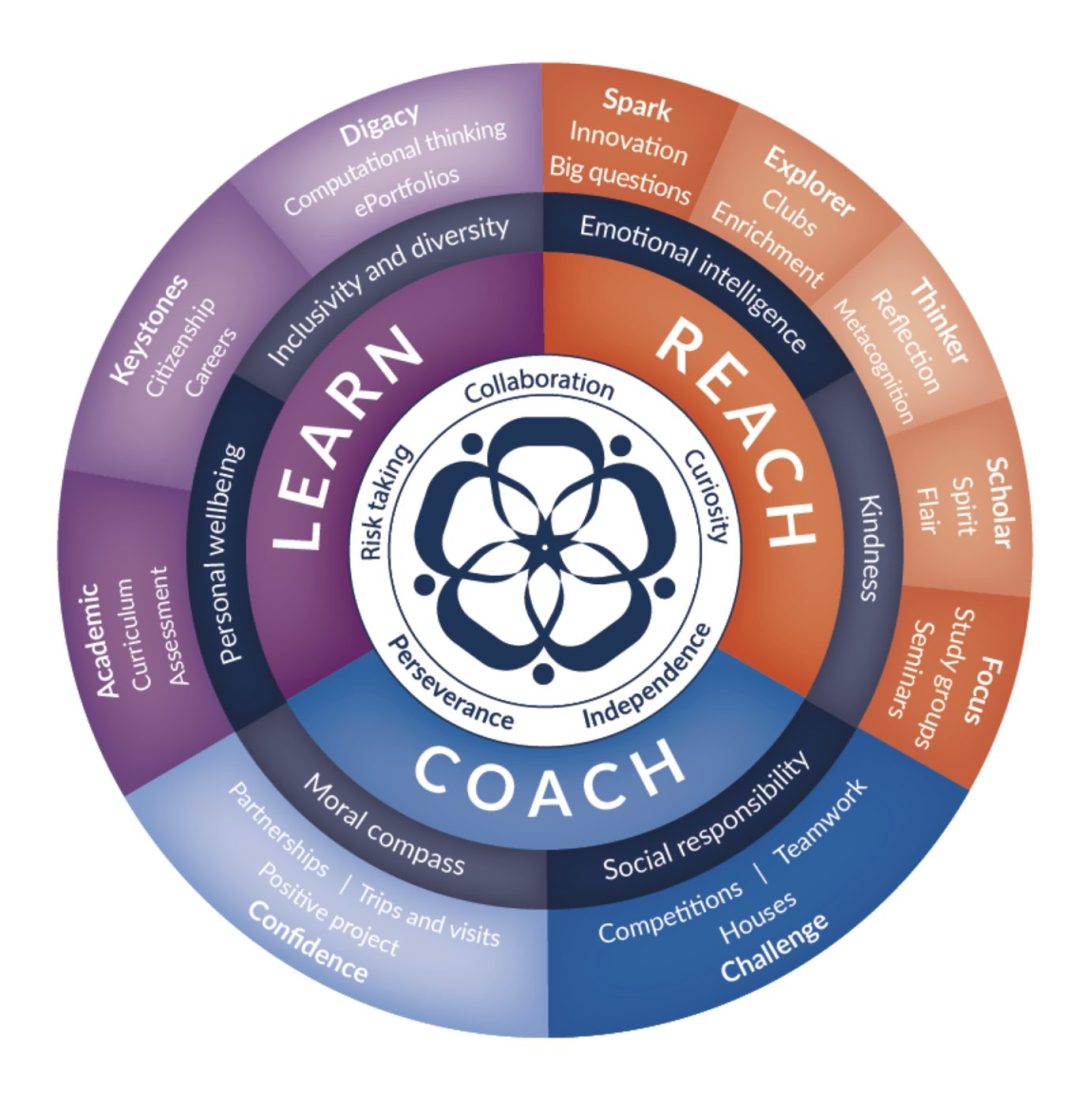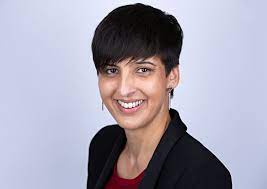Why is RSE important in schools?
First and foremost, you may be asking, “What is RSE?” RSE stands for Relationship and Sex Education. It is usually taught as part of the PSHE schemes of work in most schools and is made compulsory for schools to offer it, by the government. Relationship and sex education is about the emotional, social and physical aspects of growing up, relationships, sex, gender, sexuality and sexual health and is tailored according to age, and physical and emotional maturity of the children and teenagers to which it is delivered.
The Department for Education introduced compulsory Relationships Education for primary pupils and Relationships and Sex Education (RSE) for secondary pupils from September 2020, though here at Northampton High School, we have been doing that for many years as we believe it to be a vital part of education for all children and teenagers.
Through the topics covered in these lessons, the government aims to “support all young people to be happy, healthy and safe”. As part of the wider education of our pupils, we aim to ensure that they are able to leave us, after completing their education, as well rounded citizens with excellent A level grades, are able to navigate the tricky waters of the modern world. It is also important to us here at the High School, that we are able to engage in open dialogue with you as parents about this, and believe that working in partnership is essential to your understanding of what we are teaching, but also giving you options for you and your child. We fully appreciate that there may well be topics that you are less comfortable with and even topics that you wish to opt out of for your child. Our hope is that with further discussions and consultation, we are able to put your minds at rest, and offer further detail on what is delivered, however that decision remains yours to make. The idea is not to indoctrinate pupils with ideas that go against the individual beliefs of members of our community, but to foster opportunities for pupils to explore themes that they are exposed to via social media and through conversations and interactions with their peers.
So why is it so important to include it within our curriculum? High quality RSE ensures children and young people are equipped with the knowledge, understanding, skills and confidence to cope with the many pressures and challenges of modern society. Learning about friendships and family in RSE are the building blocks to help children to understand themselves and others. Knowledge alone is not enough. Developing skills such as listening, negotiation and decision making means young people will be more prepared to take responsibility for, and enjoy, sexual and emotional relationships free from the unwanted consequences of sexual relationships such as sexually transmitted infections and the dangers of exploitation and abuse.
RSE makes an important contribution to health and wellbeing by supporting children and young people’s ability to learn, achieve and flourish, but of course, these topics are taught in an age appropriate way and we ensure that it is delivered in a safe environment, where pupils are free to express their opinions and ask questions.
Statistically, young people who are not able to discuss sex and relationships in a safe environment, are more at risk of falling victim to sex related crimes and are less well equipped to recognise dangers or support their peers. In 2016, research was published from the National Library of Medicine on global rates of teenage pregnancy and sexually transmitted infections. They concluded that in countries like Switzerland, the “long-established sex education programs, widespread expectation that sexually active teens will use contraception, free family planning services and low-cost emergency contraception” were significant factors in reducing teen pregnancy and transmission of STI’s in teenagers. Similarly, in Canada, the introduction of compulsroty Sex Education correlated with a dramatic decrease in teenage pregnancy rates.
One of the biggest reasons for ensuring that Relationships and Sex Education is delivered in school, is to help combat the dangers from social media and exposure to heavily edited television. Mis-information about sex, or unrealistic expectations about relationships are shared regularly in the media via Reality TV, like Love Island and children are exposed to significantly more adult themes through social media apps like TikTok and Snapchat.
In one of my blogs last year, based on Teens and Screens, I wrote of some of the new dangers that materialise through online interactions, and the increase in vulnerability of children and teenagers to explicit content that they are not ready for. In particular, their risk has increased in the last few years as the pandemic forced our lives to exist online more than ever before. Whilst we are unable to fully protect them from content that they might stumble across or be sent by others, we can address the sorts of feelings and worries that this might present to our pupils and offer practical advice on how to safeguard themselves from harm in this way. In Key Stage 4, for example, we discuss the dangers of assuming pornography is representative of real sexual experiences and talk about the importance of trust and companionship prior to physical relationships developing. We also talk about the concept of ‘revenge porn’, and their rights as young adults to privacy and the impact of sharing videos and/or images of others without their consent.
In the younger years, the focus is more on forming positive relationships. We look at what ‘Coercion’ means and ask pupils to recognise that controlling behaviours can occur in a platonic relationship between friends as well as in romantic relationships. We talk about the importance of trust and link this with a wider understanding of tolerance and mutual respect. Of course, we also talk about the physical side of growing up. With the average age of puberty in girls at 11 years old in the UK, we recognise that some of our pupils will start their periods whilst still in the junior school. It is therefore vital that we can share information about this with them, to reassure them and to allow them to ask questions.
In addition to taught sessions in PSHE, we utilise the knowledge and expertise of our school nurse who is able to ensure that the medical information surrounding puberty, sex and the body is delivered effectively and correctly. Pupils also have access to an anonymous drop box where they can ask questions about their bodies, or about sex and relationships, witout fear of ridicule or embarrassment. These questions are answered generally and sensitively with different year groups to ensure the responses are appropriate, and they help us to understand what pupils might be worried about so that we are able to offer support.
So, as part of our ongoing dialogue with you as parents, I would like to invite you to take part in our short survey on our school’s RSE policy, and to open the floor to any questions you may wish to find answers to or general points that you would like to raise with us. This was sent out a few weeks ago but I wanted to offer a further opportunity for parents to be involved. Below, you will find the link to the survey and also the link to our policy for you to read at your convenience. I look forward to following up on the discussion points raised in the near future.
Finally, I will end with this:
“The right to education includes the right to sexual education, which is both a human right in itself and an indispensable means of realising other human rights, such as the right to health, the right to information and sexual and reproductive rights.”
Report to the UN General Assembly – July 2010, Item 69, Paragraph 18
With the right knowledge and understanding, we are able to make better decisions and overall are less at risk of harm, if we can recognise the dangers. The wellbeing and safety of our pupils is and will remain at the heart of all that we do, and I thank you for your engagement with us across all aspects of our community.
Rebecca Kneen
Assistant Head Pastoral








